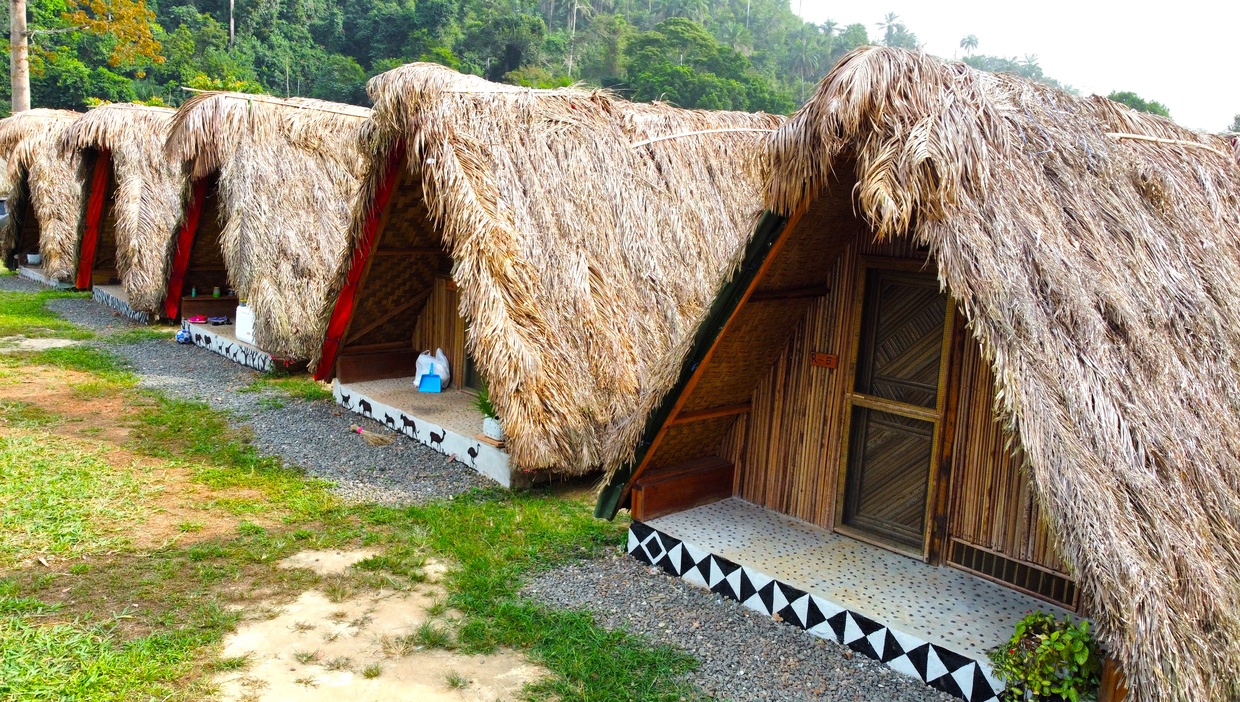West Africa is a region blessed with stunning natural beauty, from the lush rainforests of Ghana to the majestic sand dunes of Namibia. However, the region’s natural resources are facing increasing threats from climate change, pollution, and unsustainable development.
Sustainable tourism is essential for protecting West Africa’s natural heritage and ensuring that future generations can enjoy its beauty. Sustainable tourism practices minimise environmental impact and support local communities.
Eco-Friendly Initiatives
A number of eco-friendly initiatives are being implemented in West Africa to promote sustainable tourism. These initiatives include:
- Ecolodges: Ecolodges are tourist accommodations that are designed to minimise their environmental impact. They often use renewable energy sources, recycled materials, and local products.

- Community-based tourism: Community-based tourism programmes give local communities a direct stake in the tourism industry. This helps to ensure that the benefits of tourism are shared equitably and that local cultures are respected.
- Conservation efforts: Many West African countries are working to conserve their natural resources through protected areas such as national parks and wildlife sanctuaries. These protected areas provide a safe haven for wildlife and habitats.
Responsible Travel Options
There are a number of ways that travellers can support sustainable tourism in West Africa. These include:
- Choosing eco-friendly accommodations: When booking accommodations, look for ecolodges and other properties that are committed to sustainability.
- Supporting local businesses: When shopping and dining, patronise local businesses whenever possible. This helps to support the local economy and create jobs.
- Being respectful of the environment: When visiting natural areas, be respectful of the environment and wildlife. Avoid littering and damaging plants and animals.
Examples from Ghana, South Africa, and other African Countries
Here are some examples of sustainable tourism initiatives in West Africa:
- Ghana: In Ghana, the government has launched the Ghana Tourism Development Project (GTDP) to promote sustainable tourism practices in the country. The GTDP is working to develop eco-tourism destinations, train local communities in sustainable tourism management, and raise awareness of sustainable tourism among travellers.
- South Africa: In South Africa, the government has launched the National Tourism Sector Strategy (NTSS), which includes a focus on sustainable tourism. The National Tourism Strategy is working to promote green tourism practices, support community-based tourism, and develop sustainable tourism infrastructure.
- Other African countries: Other African countries that are promoting sustainable tourism include Rwanda, Kenya, and Namibia. Rwanda has established a network of national parks and wildlife sanctuaries, and the government is working to develop community-based tourism programmes. Kenya is known for its ecotourism destinations, such as the Maasai Mara National Reserve and the Amboseli National Park. Namibia is home to the Namib Desert, one of the oldest and driest deserts in the world. The Namibian government is working to protect the desert through its Integrated Management of the Namib Desert project.

In essence, sustainable tourism in West Africa is a collective effort that involves both travellers and the tourism industry. By making conscious choices and adopting environmentally and culturally responsible practices, visitors can play an integral role in preserving the region’s natural beauty and cultural richness for generations to come.


